More Etymology – Early Vegans (and Not)
Josiah Oldfield & M K Gandhi – Milk & Egg Addiction
Dugald Semple & Henry S. Salt
Our predecessor humanitarians, vegans (and almost-vegans), anti-vivisectionists, animal rights activists, etc. have included some of the greatest minds of the 19th & 20th centuries.
Here I reflect on a few of my favorite individuals – delightful mavericks.
All of the printed items quoted / illustrated here are being cared for in the Ernest Bell Library.
Left – Josiah Oldfield Right – M. K. Gandhi – circa 1890.
Full photo at the bottom of this page.
Time Magazine Monday, Nov. 09, 1931
Gandhi arrives at Buckingham Palace for tea with King George V – 1931
Article transcribed
Time Magazine Monday, Nov. 09, 1931
Royal Tea
Mohandas Karamchand Gandhi shuffled over the rose-&-yellow carpets of London’s swank Grosvenor House last week to a luncheon in his honor by the old Fruitarian Society. While St. Gandhi slowly chomped grapes and baked apples, Dr. Josiah Oldfield, presiding Fruitarian, spoke:
“I am proud to say that the only point on which we of the Fruitarian Society disagree with Mr. Gandhi is that Mr. Gandhi will not eat eggs, because they contain Iife.” Ovarian-Fruitarians applauded.
Back at his quarters in Kingsley Hall, St. Gandhi was invited to eat again – this time at Buckingham Palace at a tea party for the delegates to the Indian Round Table Conference. Blinking at the lower right hand corner of the invitation where was engraved the phrase Morning Dress, St. Gandhi announced:
“I will wear my habitual dress of loin cloth, shawl and sandals. If the King prescribes European dress I will be obliged to decline the royal invitation. It must be remembered I am a humble servant of India’s impoverished millions and must dress as they dress – nothing more and nothing less. As a matter of fact the King’s invitation is unconditional.”
………………………………………………………………………………………….
Josiah Oldfield was delightfully eccentric, a true maverick, an ardent anti-vivisectionist – in the Ernest Bell Library we have many of his books & booklets, several of his leaflets & flyers, several of his articles in other magazines, some original postcards & letters. He never gave up his unfertilized eggs – ‘chicken fruit’.
Mohandas Karamchand (M. K.) Gandhi – I will just say ‘quite a character’.
Gandhi lived with Josiah Oldfield in the 1890s – no ‘letters’ have yet emerged!
Gandhi was fully ‘milk addicted’ – see below for more about this.
Dugald Semple also wrote about Gandhi’s milk addiction – the stuff of future articles.
Mr. Gandhi and Mr. Henry S. Salt at the London Vegetarian Society’s Social Meeting on November 20th, 1931.
Left – Henry S. Salt Right – M. K. Gandhi
This is a photo from a meeting held 83 years ago – full text here – http://www.ivu.org/news/evu/other/gandhi2.html
.
A speech was delivered by M. K. Gandhi at a Social Meeting organised by the London Vegetarian Society, 20 November 1931
.
In the 2 excerpts which I have chosen, Gandhi is (1) reflecting on his visits to London’s vegetarian restaurants which existed in the late 1880’s & then (2) reflecting on his milk addiction –
.
(1)
“I do not propose to take up your time by giving you my various experiences of vegetarianism nor do I want to tell you something of the great difficulty that faced me in London itself in remaining staunch to vegetarianism, but I would like to share with you some of the thoughts that have developed in me in connection with vegetarianism. Forty years ago I used to mix freely with vegetarians. There was at that time hardly a vegetarian restaurant in London that I had not visited. I made it a point, out of curiosity, and to study the possibilities of vegetarianism and vegetarian restaurants in London, to visit every one of them. Naturally, therefore, I came into close contact with many vegetarians. I found, at the tables, that largely the conversation turned upon food and disease. I found also that the vegetarians who were struggling to stick to their vegetarianism were finding it difficult from the health point of view.”
.
(2)
“What I want to bring to your notice is that vegetarians need to be tolerant if they want to convert others to vegetarianism. Adopt a little humility. We should appeal to the moral sense of the people who do not see eye to eye with us. If a vegetarian became ill, and a doctor prescribed beef tea, then I would not call him a vegetarian. A vegetarian is made of sterner stuff. Why? Because it is for the building of the spirit and not of the body. Man is more than meat. It is the spirit in man for which we are concerned. Therefore vegetarians should have that moral basis – that a man was not born a carnivorous animal, but born to live on the fruits and herbs that the earth grows. I know we must all err; I would give up milk if I could, but I cannot. I have made that experiment times without number. I could not, after a serious illness, regain my strength, unless I went back to milk. That has been the tragedy of my life.”
.
Note – Gandhi left India for the first time on 4 September 1888, when he was about a month shy of his nineteenth birthday, and arrived in London in late October of 1888.
Dugald Semple on Fruitarianism – a much more sensible ‘take’ on food for humans – in 1944 Dugald was one of the 25 founding members of ‘The Vegan Society’. The Scottish Vegetarian Society featured Dugald’s article entitled “Fruitarianism” in their Health Reform journal in August 1907.
In it Dugald contested that:-
“By fruitarianism is meant a dietary consisting chiefly of nuts and fruits. Cooked cereals and vegetables are not necessarily excluded, although the exclusion of all cooked foods, should means and knowledge permit, will lead to better results. For this dietary it will be noticed that not only is flesh and meat omitted, but also the animal products milk and eggs. The use of these products by vegetarians has long been one of the chief objections to vegetarianism, especially in medical circles”. – Health Reform, August 1907.
& another Dugald quote: –
“Lastly, remember, that what we fruitarians stand for is not mere sentimentality, but justice and love to all sentient creatures; and that a life lived in obedience to one’s highest convictions is the only one which will give peace and happiness.” – the full article can be appreciated here – The Fruitarian System of Living – by Dugald Semple.
More on Dugald Semple – here.
More on Josiah Oldfield & Mohandas Karamchand (M. K.) Gandhi – here.
………………………………………………………………………………………………………
The Ernest Bell Library’s primary objectives are to: –
-
Collect all of Ernest Bell’s book & non-book works and make them easily accessible to everyone.
-
Collect the literature of vegetarianism and all the other humanitarian movements in which Ernest Bell was so deeply involved.
-
Assist students and scholars in their research.
-
Introduce all aspects of Ernest Bell’s life, including his writings, campaign work, influences and his circle of friends.
-
Undertake our own research into missing aspects of Ernest Bell’s life and work.
We already have more than 300 pieces of Ernest Bell’s own writings.
.
We are also actively building a collection of examples of promotional material, campaign material, fundraising & marketing activities etc. – related to: –
-
veg(etari)an products.
-
veg(etari)an books & other publications.
-
veg(etari)an organisations.
-
veg(etari)an businesses.
-
animal rights organisations.
-
animal rights publications.
-
humanitarian organisations.
-
humanitarian publications.
-
rambling clubs run by members of the above groups & related publications.
-
the work of Richard St. Barbe Baker & the ‘Men of the Trees’ organization & its many sub-branches.

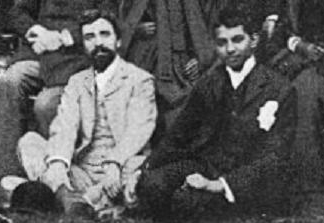
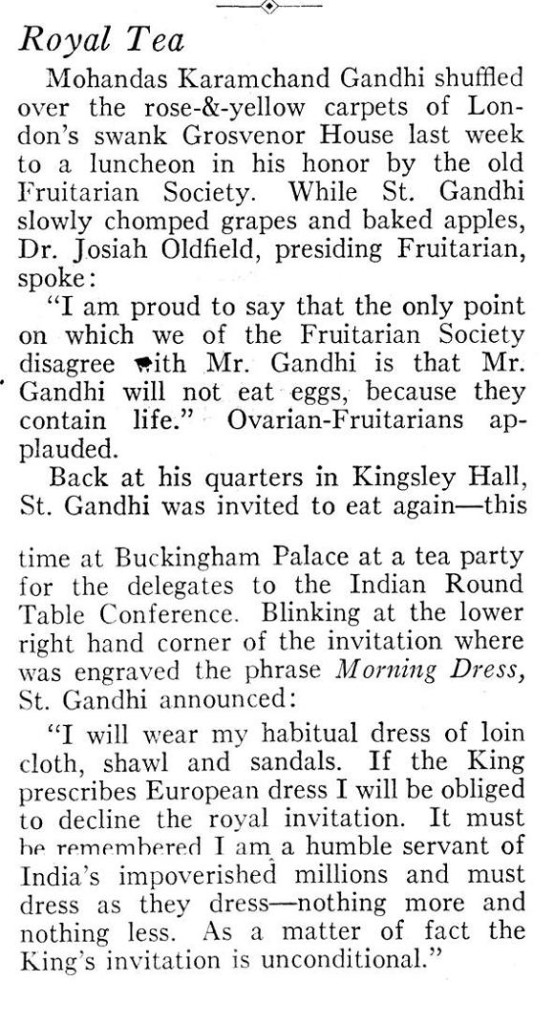
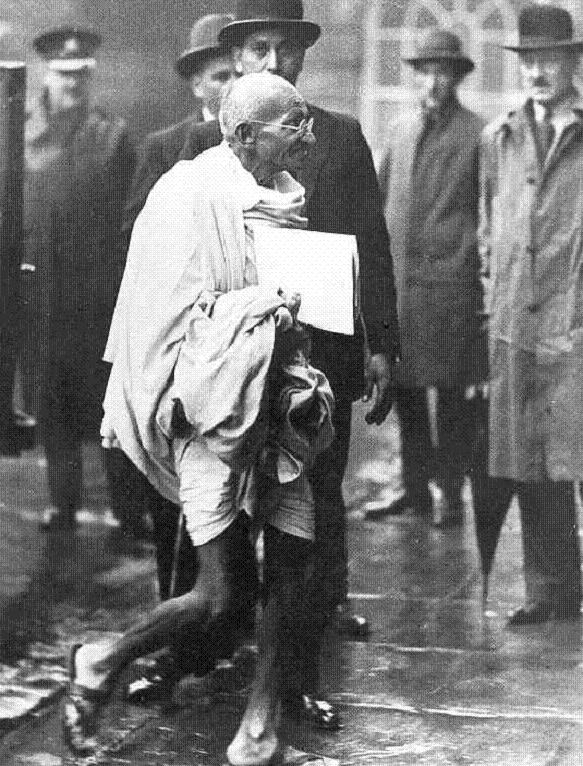
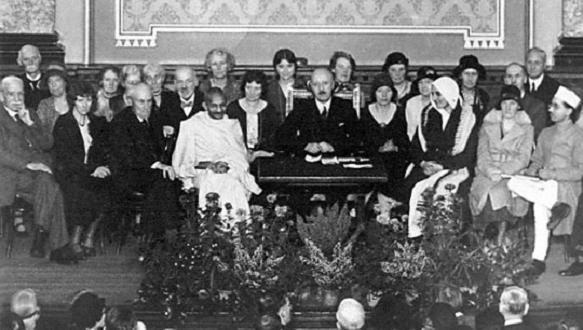
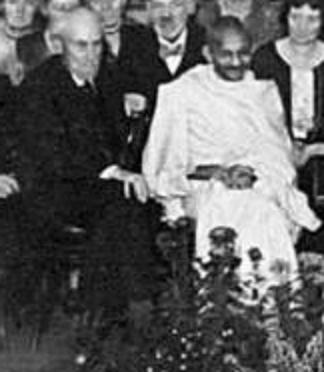
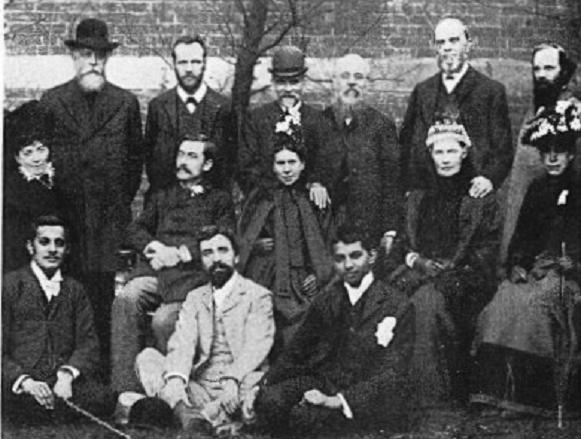
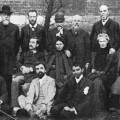
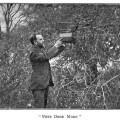
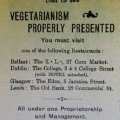
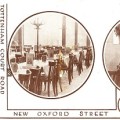
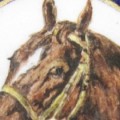
No Comments